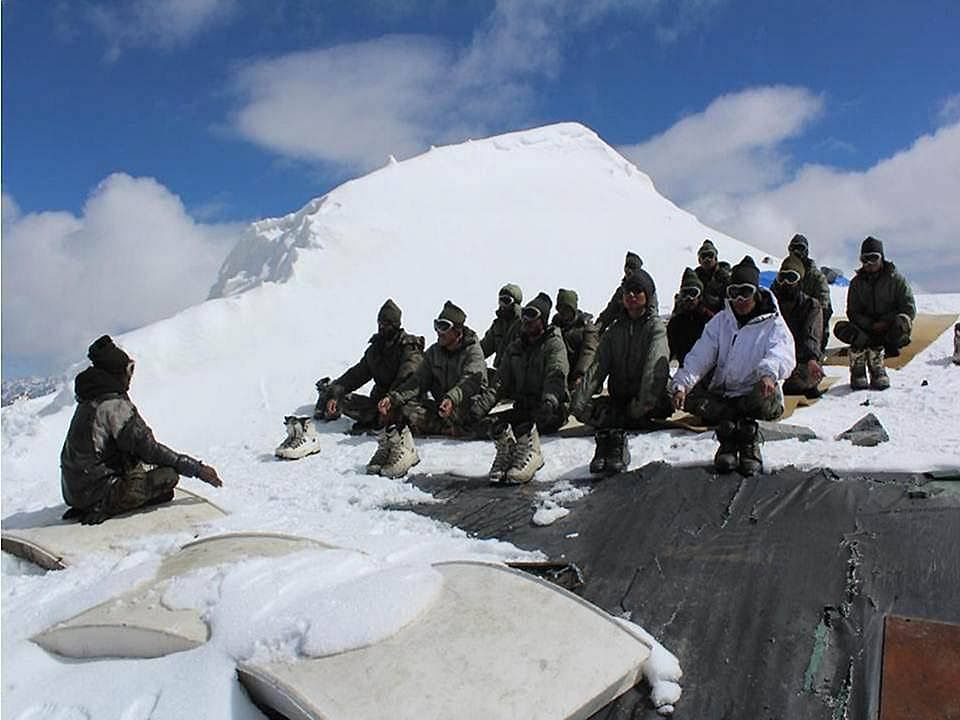The former defence minister said ayurveda wasn’t suitable for armed forces; but an AYUSH ministry seminar explores possibilities
Two years after then defence minister Manohar Parrikar dismissed the introduction of ayurvedic treatment in the armed forces as “not feasible”, the ministry seems to be opening up to the idea of alternative healthcare medicines.
The top medical body of the armed forces — the Directorate General of Armed Forces Medical Services (AFMS) — held a high-level seminar with the government’s AYUSH ministry Tuesday for implementing alternative treatment like ayurveda.
Mentioned in the BJP’s election manifesto, the AYUSH ministry was established in 2014 and has had a high-profile run, especially with its annual celebrations of International Yoga Day. AYUSH — an abbreviation of ayurveda, yoga and naturopathy, unani, siddha and homeopathy — is pushing to make alternative practices part of mainstream Indian healthcare policy.
The introduction of alternative medical practice in the armed forces has met with resistance and controversy in the past, though the defence ministry authorised its use for terminally ill patients last year.
In February, the defence ministry said that two AYUSH lifestyle centres — one at the Army Hospital (Research & Referral), Delhi, and another at Air Force Hospital, Hindon, are being opened on a trial basis.
Speaking at the seminar, Soumya Swaminathan, director general of ICMR and secretary, department of health research, said it is an “interesting idea to try and bring AYUSH into the armed forces healthcare delivery systems”.
There seems to have been a gradual change of approach since August 2015 when Parrikar told Rajya Sabha that “Ayurveda treatment is not approved as a mode of treatment for service personnel” and its integration was “not feasible considering the role of the AFMS in combat settings”.
Lt. Gen. M.K. Unni, director general of AFMS, made it clear that the seminar was not a “consensus meeting or a policy-making meeting”, and that it was a forum for practitioners of differing systems of medicine to come together and discuss ways of delivering holistic healthcare.
Swaminathan stressed the importance of researching the viability of alternative medicine within the armed forces before implementation. She said that the Army’s good geographic reach, rapport with locals and ability to follow up with patients gives it an advantage in conducting studies and doing effective research on alternative healthcare.
She talked about the possibility of using an alternative treatment for diseases and conditions for which allopathy does not have a curative approach.
Vaidya Rajesh Kotecha, special secretary at AYUSH, encouraged the armed forces to consider ayurveda as not just preventive healthcare but also to implement the “cafeteria model” of healthcare, which gives patients a wide range of options.
He also talked about the worldwide acceptance of yoga in a way to manage stress, and said that integrating yoga into the jawans’ lives can help them improve their quality of living and manage their mental health.
